Giovanni Sartor
CIRSFID-Alma AI, University of Bologna, Italy, EUI, Florence, Italy
Towards Reliable Retrieval in RAG Systems for Large Legal Datasets
Oct 08, 2025



Abstract:Retrieval-Augmented Generation (RAG) is a promising approach to mitigate hallucinations in Large Language Models (LLMs) for legal applications, but its reliability is critically dependent on the accuracy of the retrieval step. This is particularly challenging in the legal domain, where large databases of structurally similar documents often cause retrieval systems to fail. In this paper, we address this challenge by first identifying and quantifying a critical failure mode we term Document-Level Retrieval Mismatch (DRM), where the retriever selects information from entirely incorrect source documents. To mitigate DRM, we investigate a simple and computationally efficient technique which we refer to as Summary-Augmented Chunking (SAC). This method enhances each text chunk with a document-level synthetic summary, thereby injecting crucial global context that would otherwise be lost during a standard chunking process. Our experiments on a diverse set of legal information retrieval tasks show that SAC greatly reduces DRM and, consequently, also improves text-level retrieval precision and recall. Interestingly, we find that a generic summarization strategy outperforms an approach that incorporates legal expert domain knowledge to target specific legal elements. Our work provides evidence that this practical, scalable, and easily integrable technique enhances the reliability of RAG systems when applied to large-scale legal document datasets.
Getting Ready for the EU AI Act in Healthcare. A call for Sustainable AI Development and Deployment
May 10, 2025Abstract:Assessments of trustworthiness have become a cornerstone of responsible AI development. Especially in high-stakes fields like healthcare, aligning technical, evidence-based, and ethical practices with forthcoming legal requirements is increasingly urgent. We argue that developers and deployers of AI systems for the medical domain should be proactive and take steps to progressively ensure that such systems, both those currently in use and those being developed or planned, respect the requirements of the AI Act, which has come into force in August 2024. This is necessary if full and effective compliance is to be ensured when the most relevant provisions of the Act become effective (August 2026). The engagement with the AI Act cannot be viewed as a formalistic exercise. Compliance with the AI Act needs to be carried out through the proactive commitment to the ethical principles of trustworthy AI. These principles provide the background for the Act, which mentions them several times and connects them to the protection of public interest. They can be used to interpret and apply the Act's provisions and to identify good practices, increasing the validity and sustainability of AI systems over time.
Legal Summarisation through LLMs: The PRODIGIT Project
Aug 04, 2023



Abstract:We present some initial results of a large-scale Italian project called PRODIGIT which aims to support tax judges and lawyers through digital technology, focusing on AI. We have focused on generation of summaries of judicial decisions and on the extraction of related information, such as the identification of legal issues and decision-making criteria, and the specification of keywords. To this end, we have deployed and evaluated different tools and approaches to extractive and abstractive summarisation. We have applied LLMs, and particularly on GPT4, which has enabled us to obtain results that proved satisfactory, according to an evaluation by expert tax judges and lawyers. On this basis, a prototype application is being built which will be made publicly available.
Stable Normative Explanations: From Argumentation to Deontic Logic
Jul 11, 2023Abstract:This paper examines how a notion of stable explanation developed elsewhere in Defeasible Logic can be expressed in the context of formal argumentation. With this done, we discuss the deontic meaning of this reconstruction and show how to build from argumentation neighborhood structures for deontic logic where this notion of explanation can be characterised. Some direct complexity results are offered.
Modelling and Explaining Legal Case-based Reasoners through Classifiers
Oct 20, 2022Abstract:This paper brings together two lines of research: factor-based models of case-based reasoning (CBR) and the logical specification of classifiers. Logical approaches to classifiers capture the connection between features and outcomes in classifier systems. Factor-based reasoning is a popular approach to reasoning by precedent in AI & Law. Horty (2011) has developed the factor-based models of precedent into a theory of precedential constraint. In this paper we combine the modal logic approach (binary-input classifier, BLC) to classifiers and their explanations given by Liu & Lorini (2021) with Horty's account of factor-based CBR, since both a classifier and CBR map sets of features to decisions or classifications. We reformulate case bases of Horty in the language of BCL, and give several representation results. Furthermore, we show how notions of CBR, e.g. reason, preference between reasons, can be analyzed by notions of classifier system.
Modeling Contrary-to-Duty with CP-nets
Mar 23, 2020
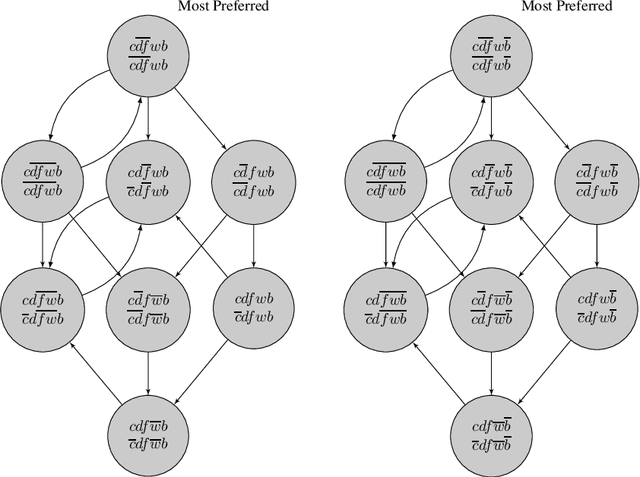
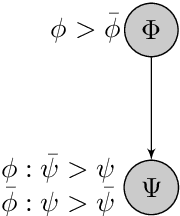

Abstract:In a ceteris-paribus semantics for deontic logic, a state of affairs where a larger set of prescriptions is respected is preferable to a state of affairs where some of them are violated. Conditional preference nets (CP-nets) are a compact formalism to express and analyse ceteris paribus preferences, which nice computational properties. This paper shows how deontic concepts can be captured through conditional preference models. A restricted deontic logic will be defined, and mapped into conditional preference nets. We shall also show how to model contrary to duties obligations in CP-nets and how to capture in this formalism the distinction between strong and weak permission.
CLAUDETTE: an Automated Detector of Potentially Unfair Clauses in Online Terms of Service
May 03, 2018

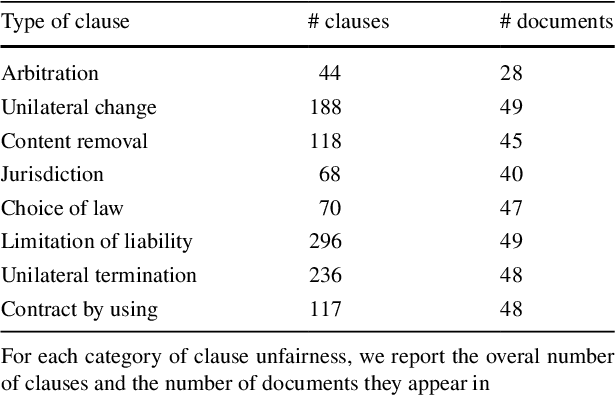

Abstract:Terms of service of on-line platforms too often contain clauses that are potentially unfair to the consumer. We present an experimental study where machine learning is employed to automatically detect such potentially unfair clauses. Results show that the proposed system could provide a valuable tool for lawyers and consumers alike.
A Labelling Framework for Probabilistic Argumentation
Mar 09, 2018
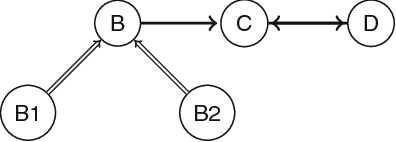

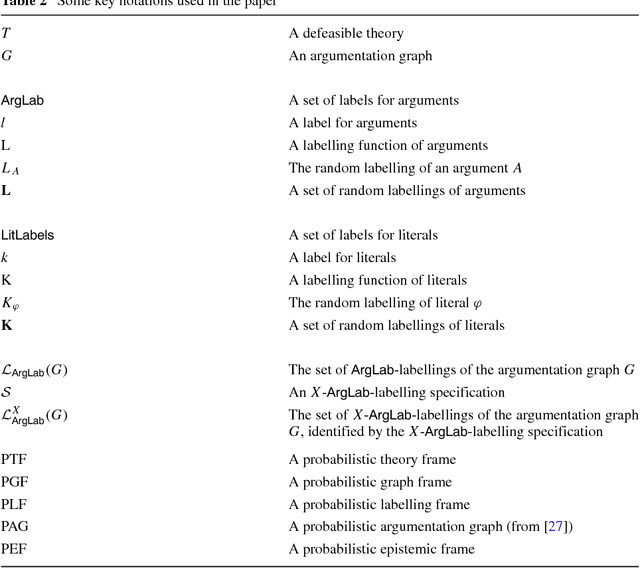
Abstract:The combination of argumentation and probability paves the way to new accounts of qualitative and quantitative uncertainty, thereby offering new theoretical and applicative opportunities. Due to a variety of interests, probabilistic argumentation is approached in the literature with different frameworks, pertaining to structured and abstract argumentation, and with respect to diverse types of uncertainty, in particular the uncertainty on the credibility of the premises, the uncertainty about which arguments to consider, and the uncertainty on the acceptance status of arguments or statements. Towards a general framework for probabilistic argumentation, we investigate a labelling-oriented framework encompassing a basic setting for rule-based argumentation and its (semi-) abstract account, along with diverse types of uncertainty. Our framework provides a systematic treatment of various kinds of uncertainty and of their relationships and allows us to back or question assertions from the literature.
 Add to Chrome
Add to Chrome Add to Firefox
Add to Firefox Add to Edge
Add to Edge